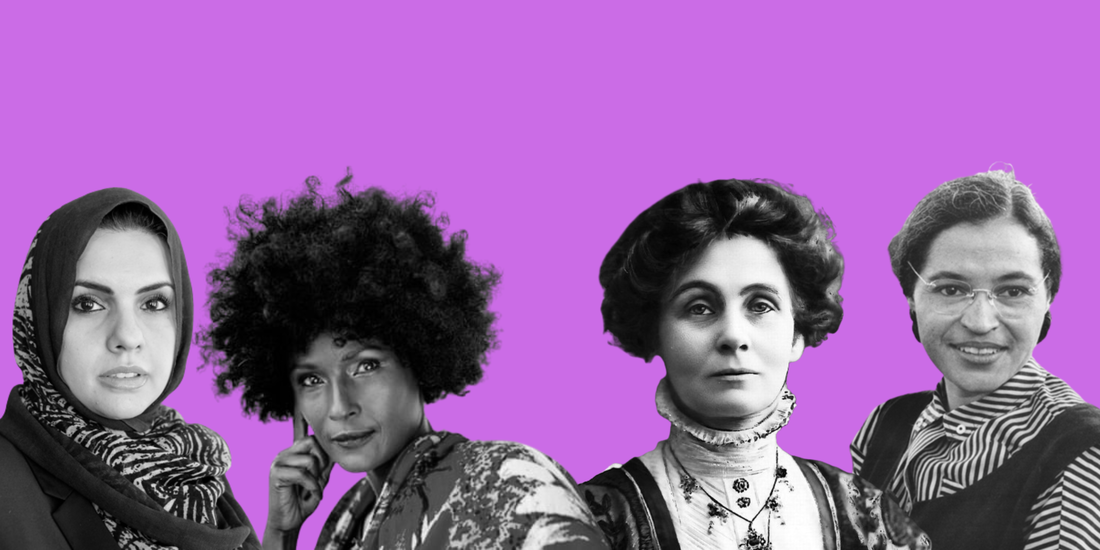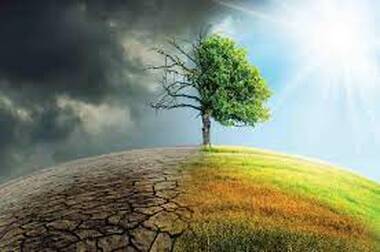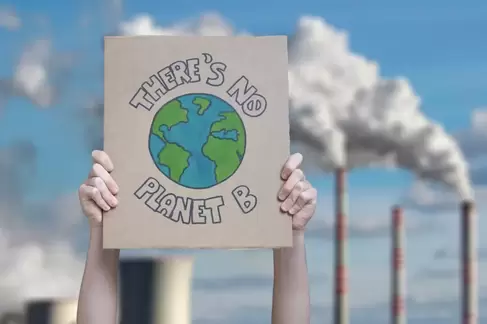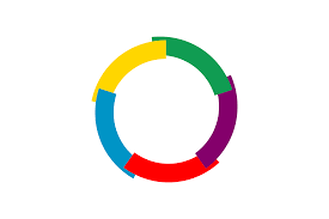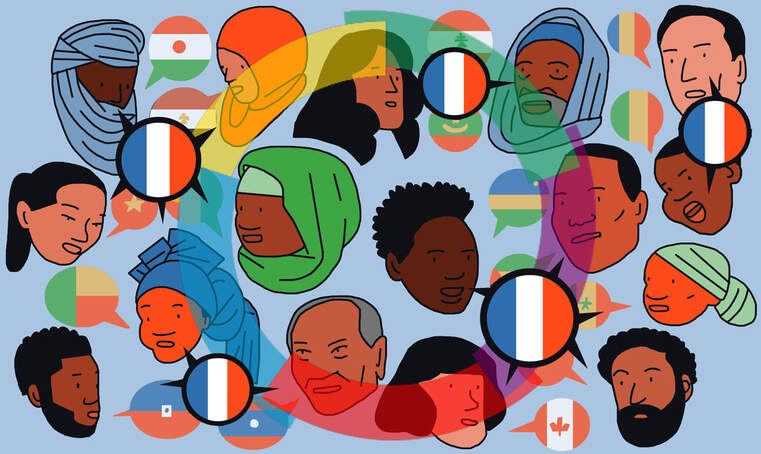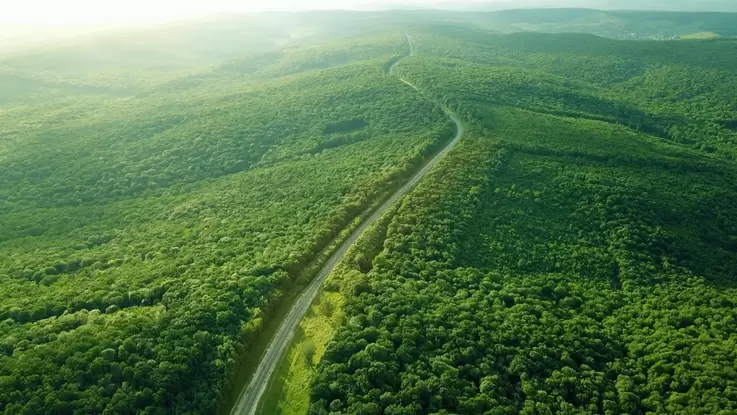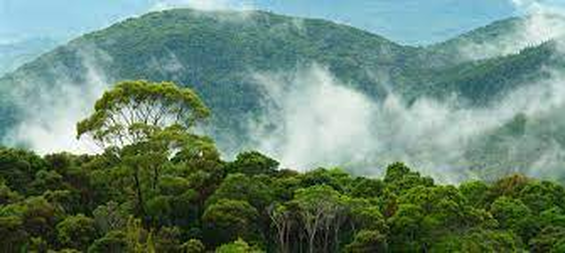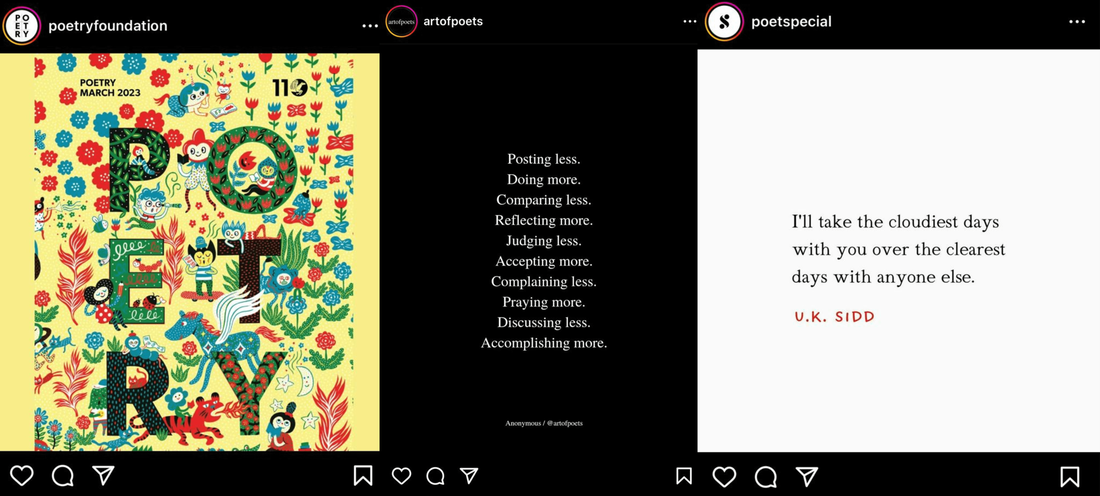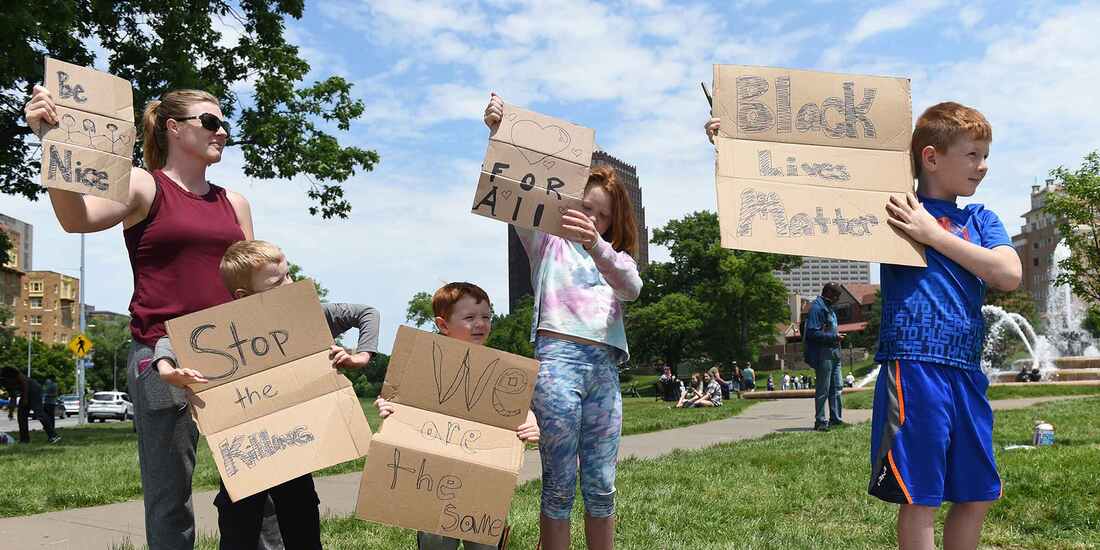Throughout my university career in International Relations, I became very interested in the possibility of volunteering in Europe, as my studies have helped me to understand the social differences that exist in the world today and how important it is to help others as much as possible. You know, at the end of the day, we are all human beings.
Being my main interests to help others and to travel, I found in the European Solidarity Corps an incredible variety of offers of amazing volunteer programs in different countries of Europe. The quality with which the ESC works to offer safe volunteering programs for all kinds of young people and with a wide diversity of activities, made my dream of volunteering in Europe come true. That is how I found Praxis, in Serres.
I must admit that I have only been participating in this project for three weeks and I already feel completely adapted and confident. I have had the opportunity to carry out various activities with both European and local volunteers, who have been very friendly from the first day and willing to help me at all times.
In addition, I have been able to get to know the fabulous people of Serres up close by doing outdoor activities with them and visiting their schools. Not to mention that I am acquiring numerous communication skills both in the use of social networks and in numerous online tools to carry out the campaigns assigned to us. Which I am sure will help me to develop important skills for my future professional development.
I consider myself an outgoing person who loves meeting new people and learning about different cultures. I have always wanted to get to know in depth the charm of Greece, its friendly people and delicious food, so having the opportunity to be part of the Praxis volunteer
team in the beautiful city of Serres is being a unique experience for me.
Can’t wait to see what is going to happen in the next few months!
